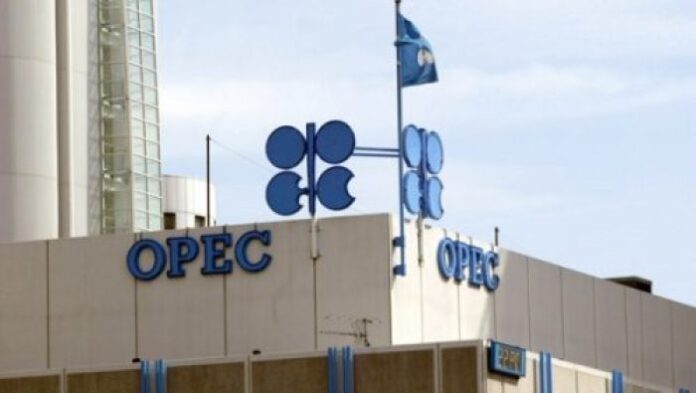Almost half the shortfall in planned oil supply by the Organisation of Petroleum Exporting Countries (OPEC) and its allies is down to Nigeria and Angola, Reuters has indicated.
It reflects a number of factors which have combined to hobble crude production on the continent, including moves by Western oil majors away from African projects.
OPEC and its allies, known as OPEC+, pumped 1.45 million barrels per day (bpd) – equal to 1.5 per cent of world supply – below its target in March, the OPEC+ figures showed.
According to the figures, Angola was responsible for almost 300,000 bpd of the OPEC+ supply shortfall while Nigeria was pumping almost 400,000 bpd below target. The war in Ukraine has also hit Russia’s oil trading and its output was about 300,000 bpd short of its March supply target.
The OPEC+ shortfall is one of the reasons global oil prices hit a 14-year high in March above $139 a barrel and it has prompted calls by the United States and other consumers for producers to pump more.
But OPEC has repeatedly rebuffed the calls and one contributing factor is simply that some of its members don’t have oil available to pump.
In OPEC’s view, investment cuts after oil prices collapsed in 2015-2016, due to oversupply, along with a growing focus by investors on economic, social and governance (ESG) issues, have led to a shortfall in the spending needed to meet demand.
“There was massive underinvestment in the industry over the years, further complicated by the effect of ESG (Environmental, Social and Governance,” OPEC Secretary General, Mohammad Barkindo told Reuters.
“There was a contraction of 25 per cent in 2015 and 2016 – unprecedented. There was no significant recovery before 2020, when we registered a 30 per cent contraction in investments in the industry,” he added.
Figures from the International Energy Agency (IEA) show there was no significant increase in investment in global oil and gas exploration and production during 2017-2019 – followed by a 32 per cent plunge in 2020.
International oil companies are gradually pulling out of Nigeria’s onshore oil production, although they continue to invest in its vast offshore oil and gas resources, where costs remain competitive.
Shell which has been heavily involved in Nigeria’s oil and gas industry did not immediately respond to a request for comment about investment and the reasons for the decline in Nigerian output.




